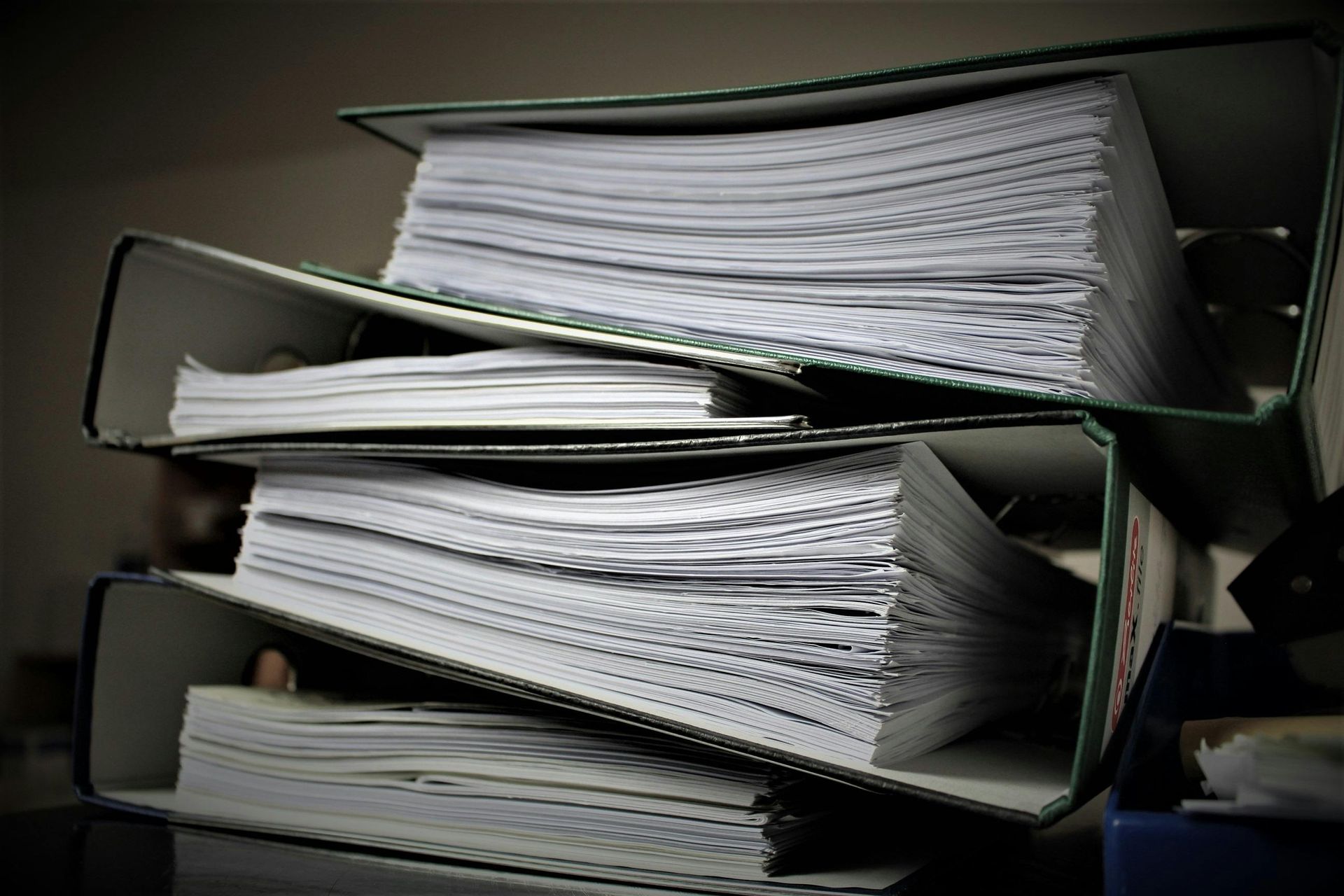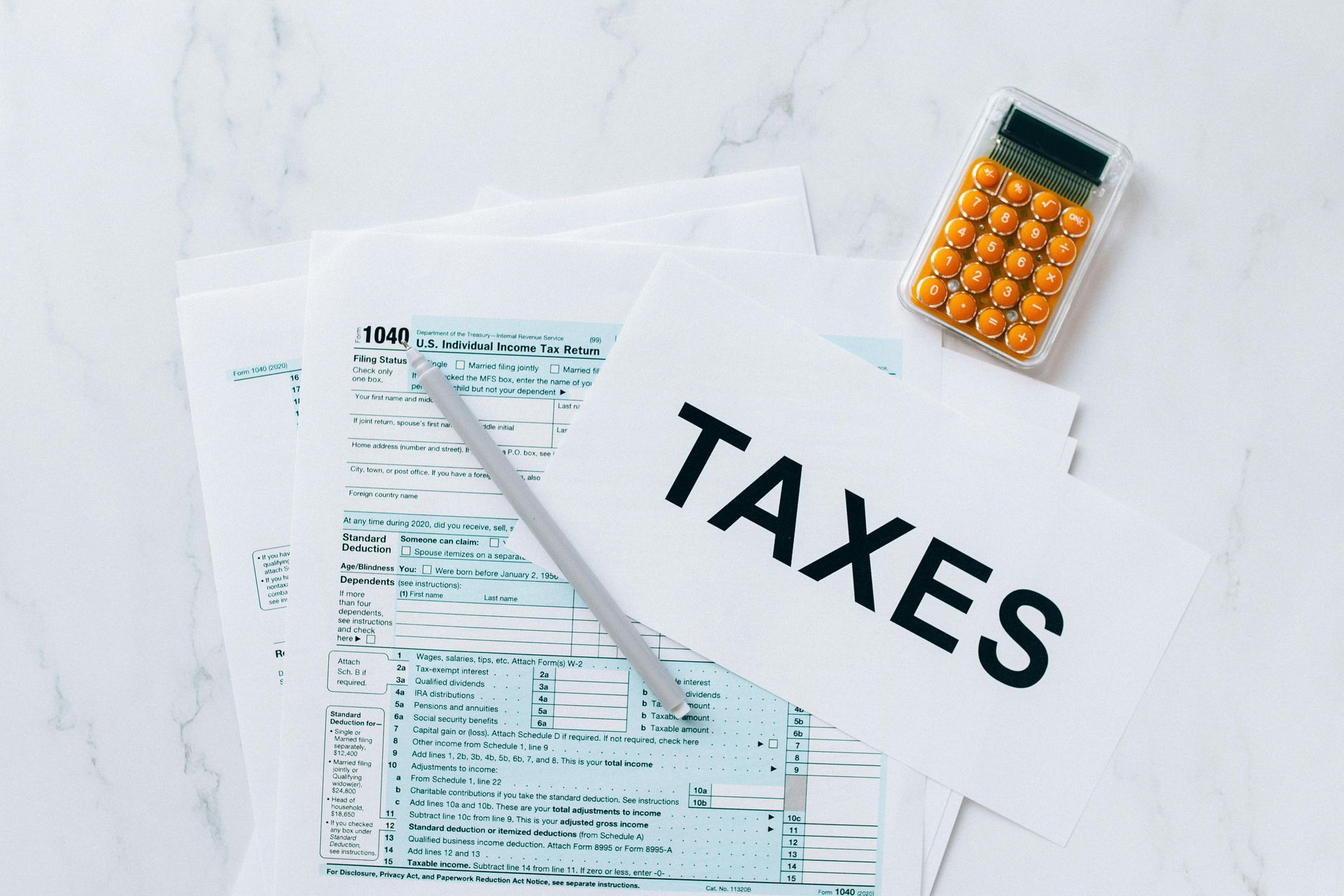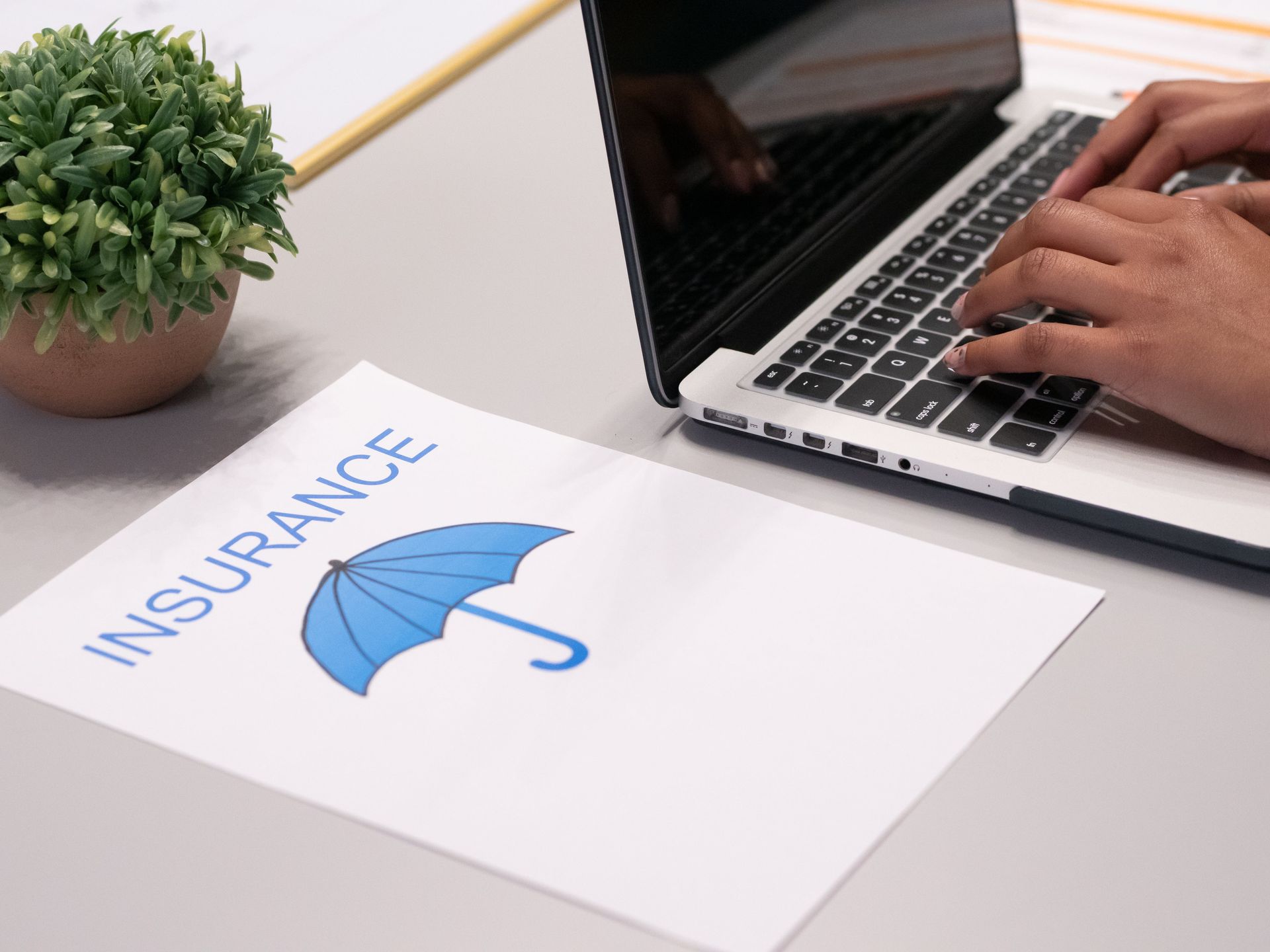CLIENT LOGIN
×Your Local Bankruptcy Solution
Bankruptcy is not an end, it is a new beginning. The stress will soon be gone, and the lost smiles will return.
"Fresh Start" Bankruptcy Services
Got a question? We’re here to help.
-
Introduction to Bankruptcy
Although every situation is different, the topic of considering bankruptcy has a common instigating item:
- A medical emergency,
- Loss of a job, or
- A large repair bill
- Poor money management
There is something that starts to put a family so far behind in their bills that late payments start to pile up and creditors threaten to take everything you own.
Depending on your circumstances, you may have options to get your life back on track. Although bankruptcy is supposed to be the "last resort," the bankruptcy system is built for hardworking people who are honest and just down on their luck. Bankruptcy's goal for someone in debt is:
A Fresh Start
Clients often ask:
Can I keep my home?
Can I keep my car?
Will I have to sell off my possessions?
How much does it cost to file for bankruptcy?
Will my credit be ruined?
Everything depends on what you qualify for, what you can afford, and the type of bankruptcy.
The two MOST COMMON Bankruptcy Filings are as follows:
-
North Carolina Chapter 7 Bankruptcy
Chapter 7 Bankruptcy often applies to people who are in serious financial trouble, but have limited income. This type of bankruptcy aims to avoid repayment plans (customary to Chapter 13 filings) and avoids repaying many unsecured creditors. It is possible to keep assets exempt in the bankruptcy, but there are risks that everything might need to be sold/liquidated to help repay debt.
Key benefits to Chapter 7 Bankruptcy over Chapter 13 Bankruptcy are:
- Chapter 7 filings occur within 3-5 months versus the 3-5 years in a Chapter 13 filing
- Chapter 7 filings cost less than a Chapter 13 filing
- Chapter 7 gets you a fresh start quicker than a Chapter 13, but normally at the cost of many or all things you currently own
What Debt can be Discharged in a Chapter 7 Bankruptcy?
Some of the most common types of debt that can be Discharged are as follows:
- Credit Cards
- Medical Bills
- Unsecured Personal Loans
- Remaining Balances/Deficiencies from the sale of a repossessed car or foreclosed home
- Some types of Taxes
What can be Exempt in NC Bankruptcies?
This list is not everything that can be exempt, but the most common items seen:
- Residence: Also called a Homestead, this exemption can protect up to $35,000 in equity for a residence you live in.
- Vehicle: If your car or truck was purchased more than 90 days ago, you can exempt up to $3,500 Equity in the Vehicle.
- Personal Property: Items such as clothes, furniture, appliances, etc. can be exempted, up to a valued aggregate amount of $5,000.
- Professional Tools: Common in the construction industry, if a tool is used for working, the value of the tool can be exempted up to $2,000.
- Retirement Accounts and Pension: Items placed in a special account for retirement are generally exempt.
Chapter 7 Fees
Our office strives for transparency in our fees. A break-down can be seen below:
- Attorney fee for below-median income level consumer debtor $1,225
- Attorney fee for above-median income level consumer debtor $1,925
- Court filing fee to the bankruptcy court $338
- Mandatory credit counseling course and financial management fee $37
-
North Carolina Chapter 13 Bankruptcy
Chapter 13 Bankruptcy often applies to people that have a higher income than the average person; or, unforeseen debt made the current income level go negative; or, a property or business is too important to sell/let go. In short, the debts need payments, but the payments are now behind. This type of bankruptcy allows you to consolidate your debts through a court-approved payment plan. The monthly payments may be lower than before bankruptcy, the interest rates may be lower than before bankruptcy.
Chapter 13 is a commitment. Chapter 13 plans are either 3 years or 5 years. At the end of the plan, if a debtor is able to comply with the plan throughout the commitment, any remaining debts would be discharged or wiped away, thereby creating a "Fresh Start."
The difference between Chapter 13 Bankruptcy and Chapter 7 Bankruptcy:
- Chapter 13 filings last 3 to 5 years, versus 3 to 5 months with a Chapter 7 filing.
- Chapter 13 is more expensive than a Chapter 7, but a focus rests on more items a debtor is able to retain in their "Fresh Start" after bankruptcy
What can be Exempt in NC Bankruptcies?
This list is not everything that can be exempt, but the most common items seen:
- Residence: Also called a Homestead, this exemption can protect up to $35,000 in equity for a residence you live in.
- Vehicle: If your car or truck was purchased more than 90 days ago, you can exempt up to $3,500 Equity in the Vehicle.
- Personal Property: Items such as clothes, furniture, appliances, etc. can be exempted, up to a valued aggregate amount of $5,000.
- Professional Tools: Common in the construction industry, if a tool is used for working, the value of the tool can be exempted up to $2,000.
- Retirement Accounts and Pension: Items placed in a special account for retirement are generally exempt.
Chapter 13 Bankruptcy Fees:
Our office strives for transparency in our fees. A break-down can be seen below:
- Attorney fee paid through the Chapter 13 Trustee after filing: $6,500
- Court filing fee required to be paid prior filing of the case: $338
- Mandatory credit counseling course fee required to be paid prior filing of the case: $37
Where is your Local Bankruptcy Court?
Counties that fall within this Bankruptcy Court:
- Wayne County
- Lenoir County
- Jones County
- Craven County
- Onslow County
- Carteret County
- Pamlico County
Counties that fall within this Bankruptcy Court:
- Duplin County
- Pender County
- New Hanover County
- Brunswick County
- Columbus County
- Bladen County
Counties that fall within this Bankruptcy Court:
- Pitt County
- Greene County
- Wilson County
- Edgecombe County
- Martin County
- Beaufort County
- Hyde County
- Washington County
- Tyrrell County
- Dare County
- Bertie County
- Chowan County
- Perquimans County
- Pasquotank County
- Camden County
- Currituck County
- Halifax County
- Northampton County
- Hertford County
- Gates County
Counties that fall within this Bankruptcy Court:
- Cumberland County
- Robeson County
- Sampson County
Counties that fall within this Bankruptcy Court:
- Wake County
- Harnett County
- Johnston County
- Nash County
- Franklin County
- Granville County
- Vance County
- Warren County
Common Questions
See some common questions and answers below, or call us at (910) 526-0056.
-
What are your business hours?
Our offices are open Monday through Friday, from 8AM ET to 4PM ET.
-
Are your Bankruptcy Consults Free?
Yes, Bankruptcy Consultations are completely free. Our office does require a copy of your Debts and Assets in order to determine eligibility. Our office keeps consultations free because you are already in debt, you have questions, and we aim to help.
-
Checklist of documents needed for a consultation
- Copies of your credit report from a credit reporting agency, such as Experian, TransUnion, or Equifax.
- Your tax returns for the last 4 four years
- Your bank account statements for the previous 3 to 6 months
- Most Recent Mortgage statements (if applicable)
- Most Recent brokerage account statements
- Most Recent car loan statements
- Proof of regular income (Paystubs or LES) for the last 6 months
-
Can I ONLY speak with the Attorney versus a Paralegal throughout my case?
No.
Unfortunately, the Attorney commutes throughout ENC. The attorney you hire is the attorney who works, goes to court, and is in meetings with trustees.
The attorney CANNOT always be available, and clients DO HAVE TO RELY on staff for many facets of their filing, updating, and communications.
If your Attorney is always available, then he is never working. Federal Courts and Facilities do not allow phone calls, and possibly prohibit internet/texting.
-
Do I REALLY need an Attorney?
In recent studies, due to Bankruptcy Rules, Local Regulations, and Time-sensitive Complexities, a Pro Se Filer (someone who files without the assistance of an attorney has less than 50% chance of completing a Chapter 7 Bankruptcy and less than a 3% chance of completing a Chapter 13 Bankruptcy.
In other words, without an attorney, a filer of a Chapter 7 has the same odds of success as a coin flip and better odds in the NC Education Lottery (which is at 25%).
Hiring a Bankruptcy Attorney might be in your best interest, in light of the odds.
-
Can I ask about Immigration Matters at a Bankruptcy Consultation?
No. Bankruptcy Consultations are focused on Bankruptcy Matters, reviewing Financials, and Determining Filing Eligibilities.
If you need an Immigration Consultation, those do have a Consultation Fee, take about an hour to meet with the Attorney, take about another hour to commit an immigration plan in writing, explain relevant laws, and explain the process. Office Staff will ask immigration questions to see if our office has handled the type of immigration case before and if we are able to assist, if it is something we are able to perform.
(Note: there are many immigration case types, numerous agencies, agency buildings all across the nation and abroad, and filings can last as little as 1 month and as long as 25 years.)
-
Title or question
Describe the item or answer the question so that site visitors who are interested get more information. You can emphasize this text with bullets, italics or bold, and add links.
-
Will I need to go to Court?
Some Court Activities are virtual (via Zoom) in Eastern North Carolina and some are in person.
So, the likelihood of going to court is possible. However, most bankruptcy complications are managed by your bankruptcy attorney without having to step foot into a courtroom.
After all, the people you owe money to do want as much money/repayment as legally possible.
-
Do I need to list all of my debts in a bankruptcy petition?
110% Yes. All debts MUST be listed as of the date a bankruptcy filing is filed.
Otherwise, if you forget 1 item, you lose bankruptcy protections and would have to resolve the issue by yourself.
-
What is an Automatic Stay?
An automatic stay is like a "Pause." It helps protect individuals in debt from creditor collection activities. The automatic stay can:
- stop all foreclosure attempts;
- halt all creditor harassment and collections;
- can possibly reverse repossession; and
- can reverse wage garnishments.
-
Can I protect my home?
Yes! If the bank is trying to foreclose on your home, or you believe that foreclosure is about to occur, filing for bankruptcy can save your home.
When you file for bankruptcy, all foreclosure processes stop (automatic stay) and you may be able to remain in your home until the ussye is reviewed in your bankruptcy case (Chapter 7) or you may get your "fresh start" with your home (after 3 or 5 year plans in a Chapter 13).
-
Can I change to Chapter 13 if I started as Chapter 7?
You may be able to convert from a Chapter 7 bankruptcy to a Chapter 13 bankruptcy. However, the conversion process requires you file a motion with the bankruptcy court and allow all creditors an opportunity to object. If the Objections are stronger than the reason to convert, the conversion can be denied.
-
EDNC 341 Meetings: What do I need to know?
- In the Eastern District of NC, 341 Meetings are done over Zoom.
- You CAN'T be in a car during the meeting.
- You must be dressed in business casual or better.
- You MUST have (1) your Social Security Card and (2) State ID with you during the Zoom Call.
-
Will Bankruptcy affect my Credit?
Bankruptcy remains on your credit report for 7-10 years. It is a negative factor that will affect your ability to open new credit cards and get approved for loans.
Contact us for a Free Bankruptcy Consultation with our Bankruptcy Attorney!
Contact Us
We will get back to you as soon as possible
Please try again later
Recent Blog Posts

My DS-2019 is blank! How Do I know If I am Subject to the J1 212e 2-Year Home Residency Requirement?



My DS-2019 is blank! How Do I know If I am Subject to the J1 212e 2-Year Home Residency Requirement?









DISCLAIMER – The information does not constitute legal advice and please be aware that neither this website nor the use of information from this website creates an attorney-client relationship.
© 2021 Fickey Martinez Law Firm. All Rights Reserved.
This website has been built to be accessible for all users. If you experience any difficulty in accessing this website, please contact us for assistance.

